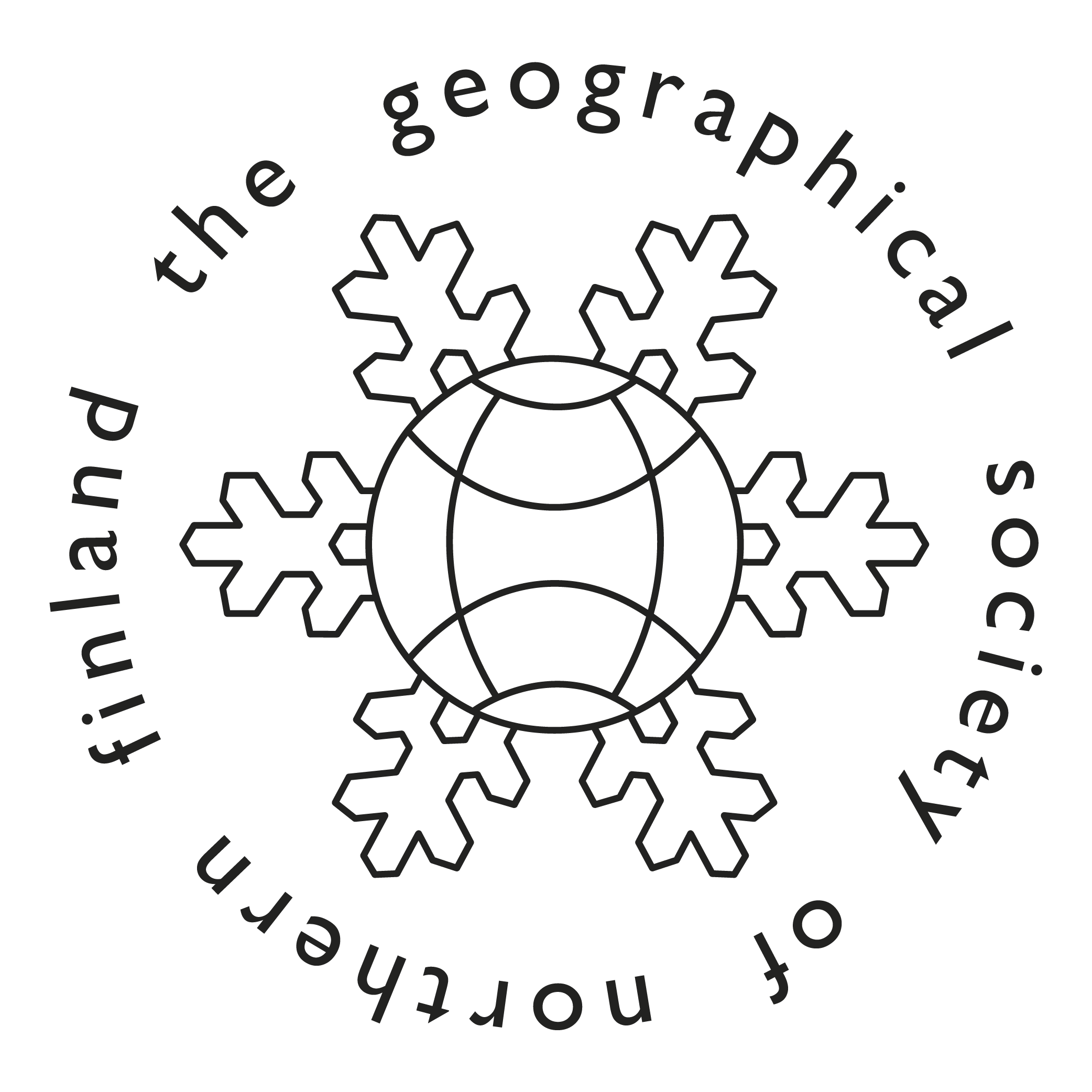The affect of effect: affirmative political ecologies in monitoring climate change adaptation interventions
Abstract
All over the world, climate change adaptation interventions (CCAIs) are being implemented in a variety of ways, but mostly monitored using outcomes-based monitoring and evaluation (M&E) frameworks that are prone to oversimplification and outside-imposed priorities and knowledges about climate change. Existing monitoring and evaluation practices can only provide results with reference to project goals and processes, and tend to be top-down and neo-colonial in method and scope. This means they may frequently miss unexpected or localised aspects of adaptation interventions, some of which may be useful beyond the local level. While it may be possible to just explore the neo-colonial aspects of this political ecology of monitoring and evaluation of climate change adaptation interventions in our fieldwork in Thai Binh Province of Vietnam, an affirmative political ecology also tries to identify and proliferate alternative possibilities for meaningful monitoring and evaluation of adaptation interventions. In this essay, we reflect on the ways in which our research into embodied knowledge in local level monitoring and evaluation in rural Thai Binh province of Vietnam could be understood as affirmative political ecology. Through paying attention to the embodied knowledges and the cares and concerns of farmers and ourselves as scholars, we can get at the physical and material changes in environment and livelihood, but also move beyond critique into rethinking how new worlds and ways of being in and with the more than human can emerge.






